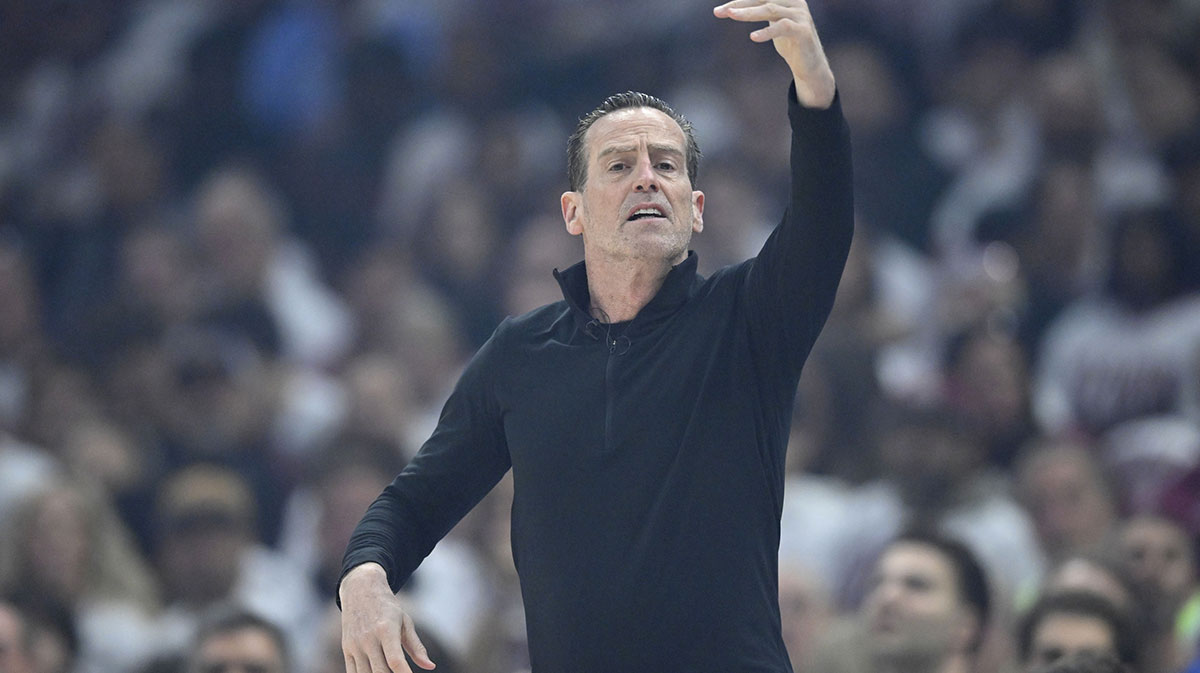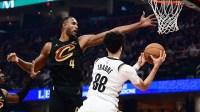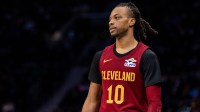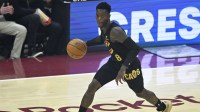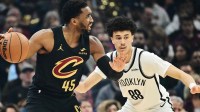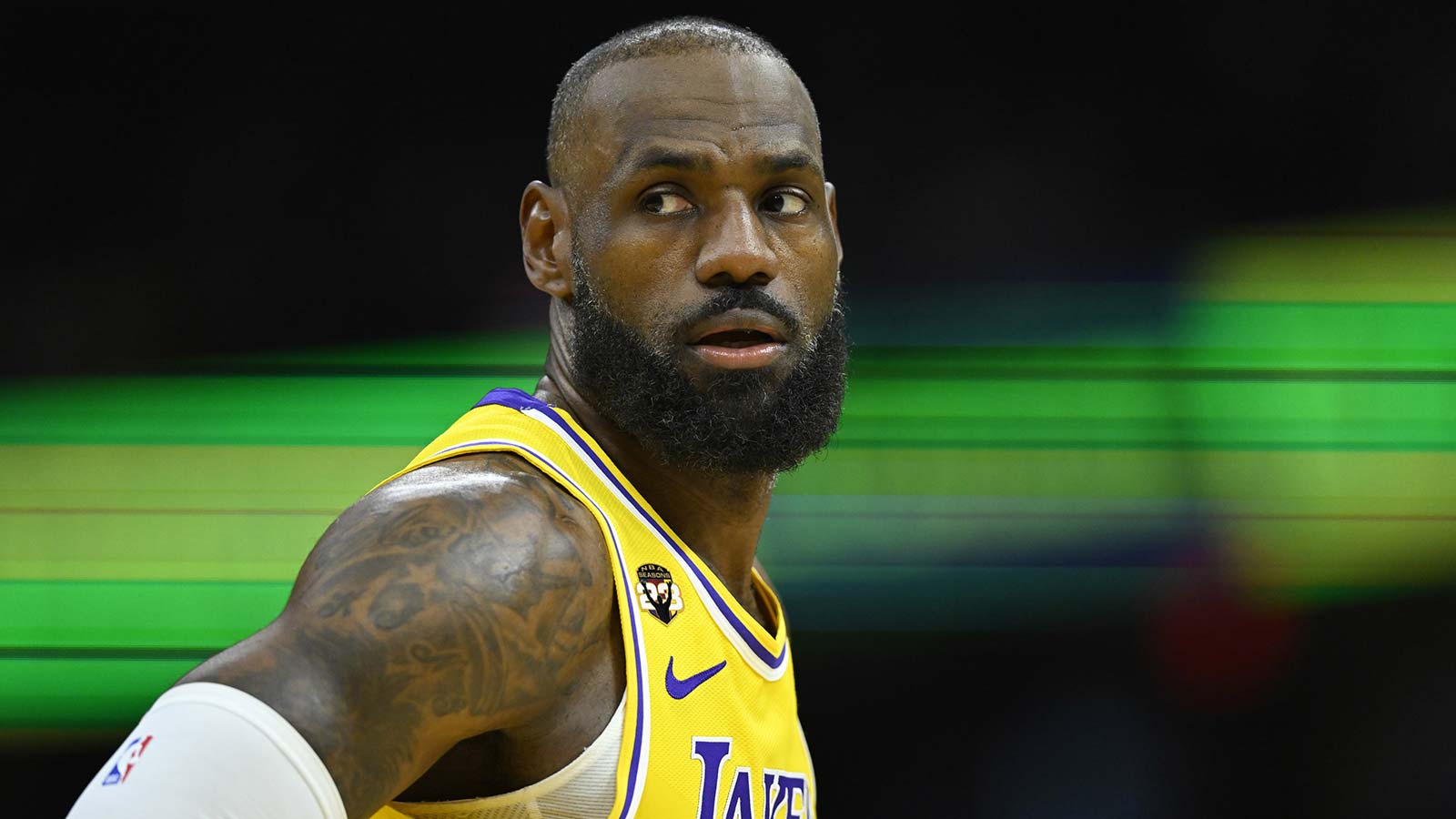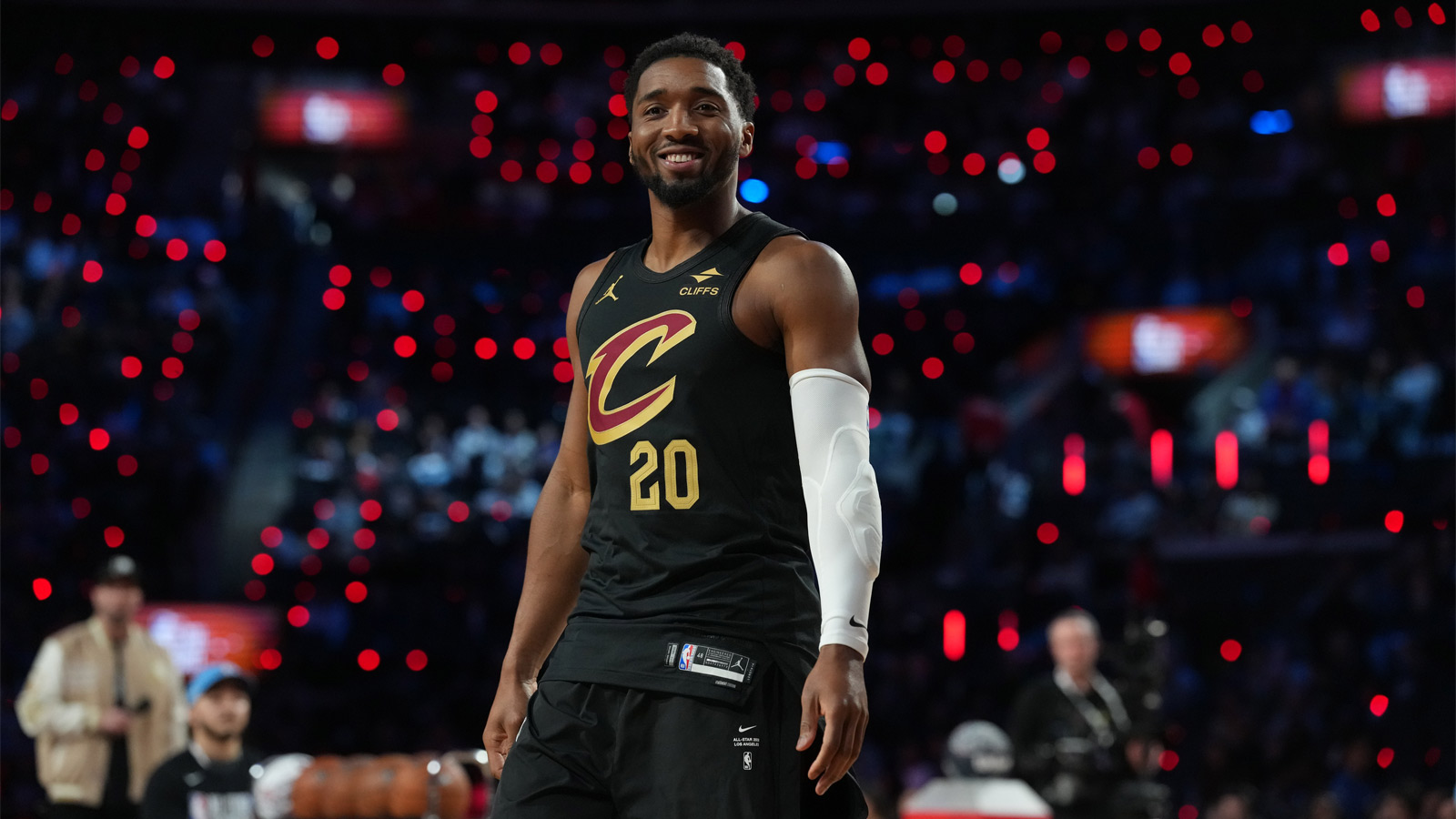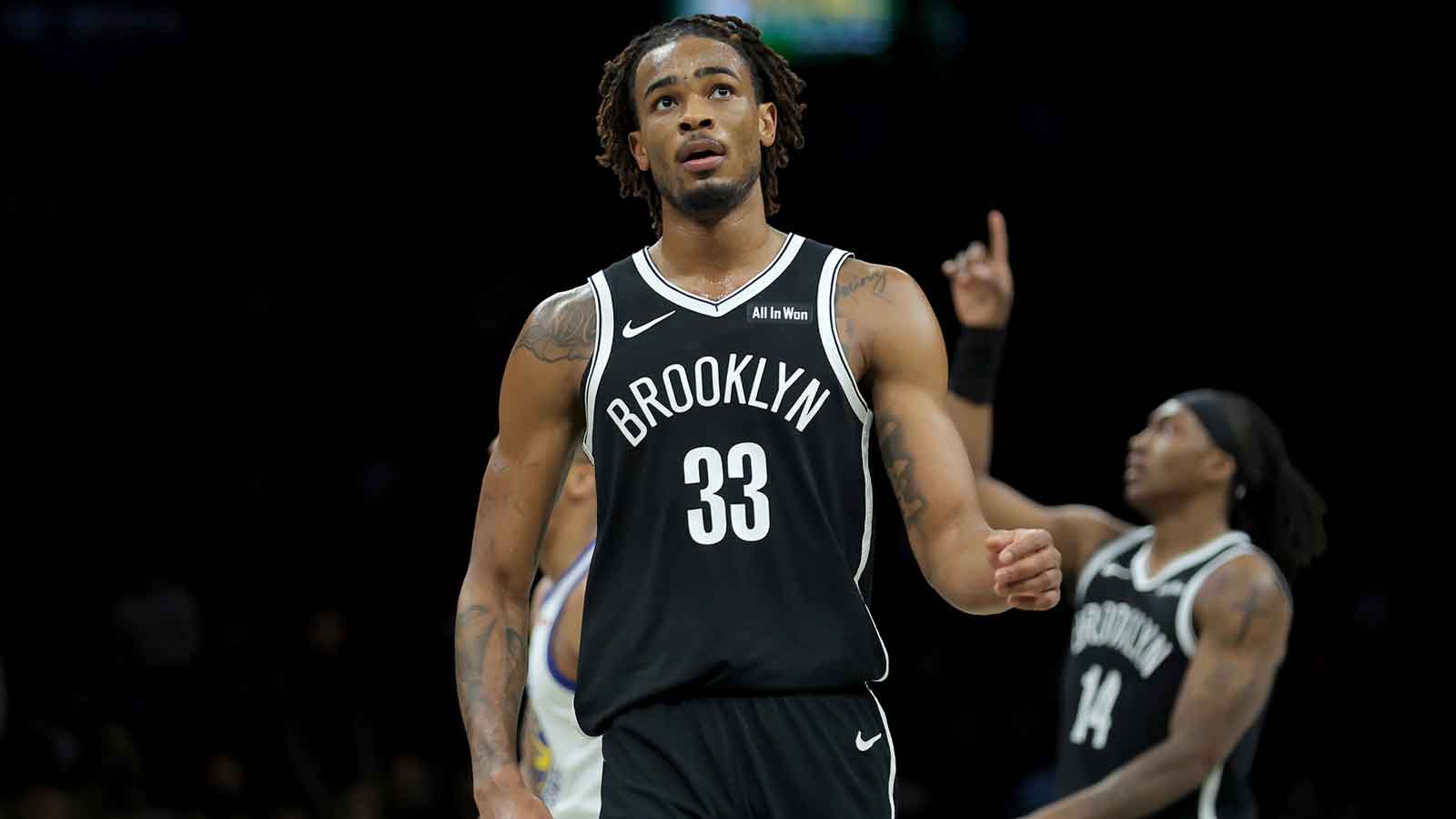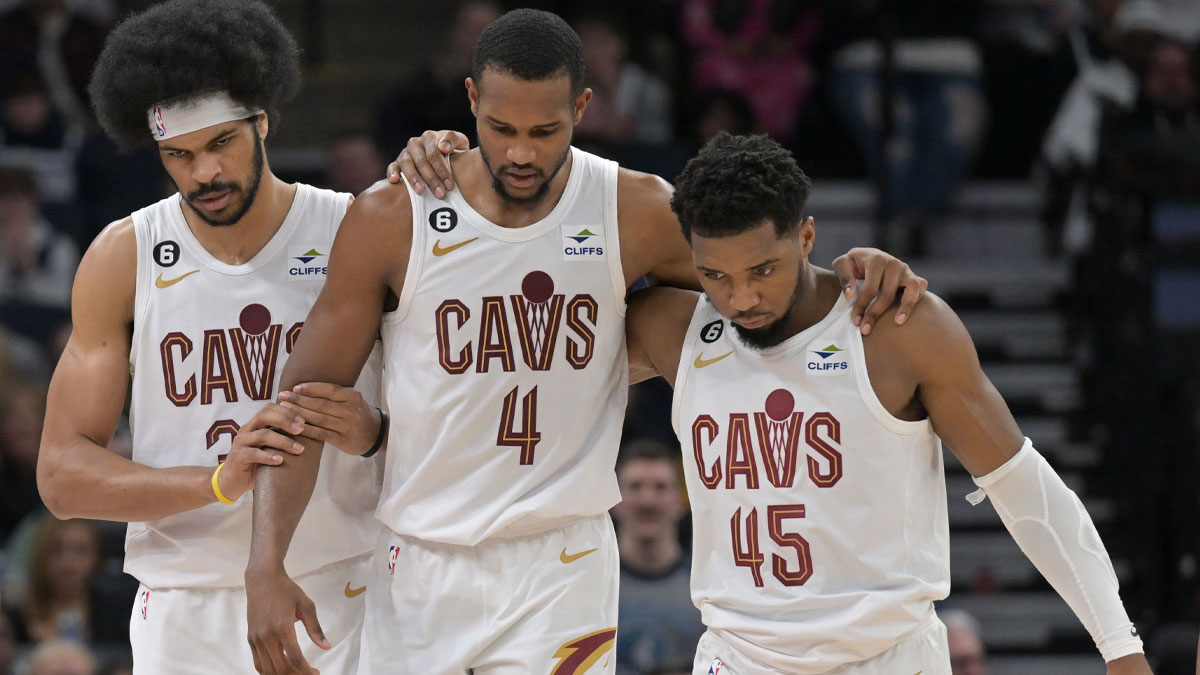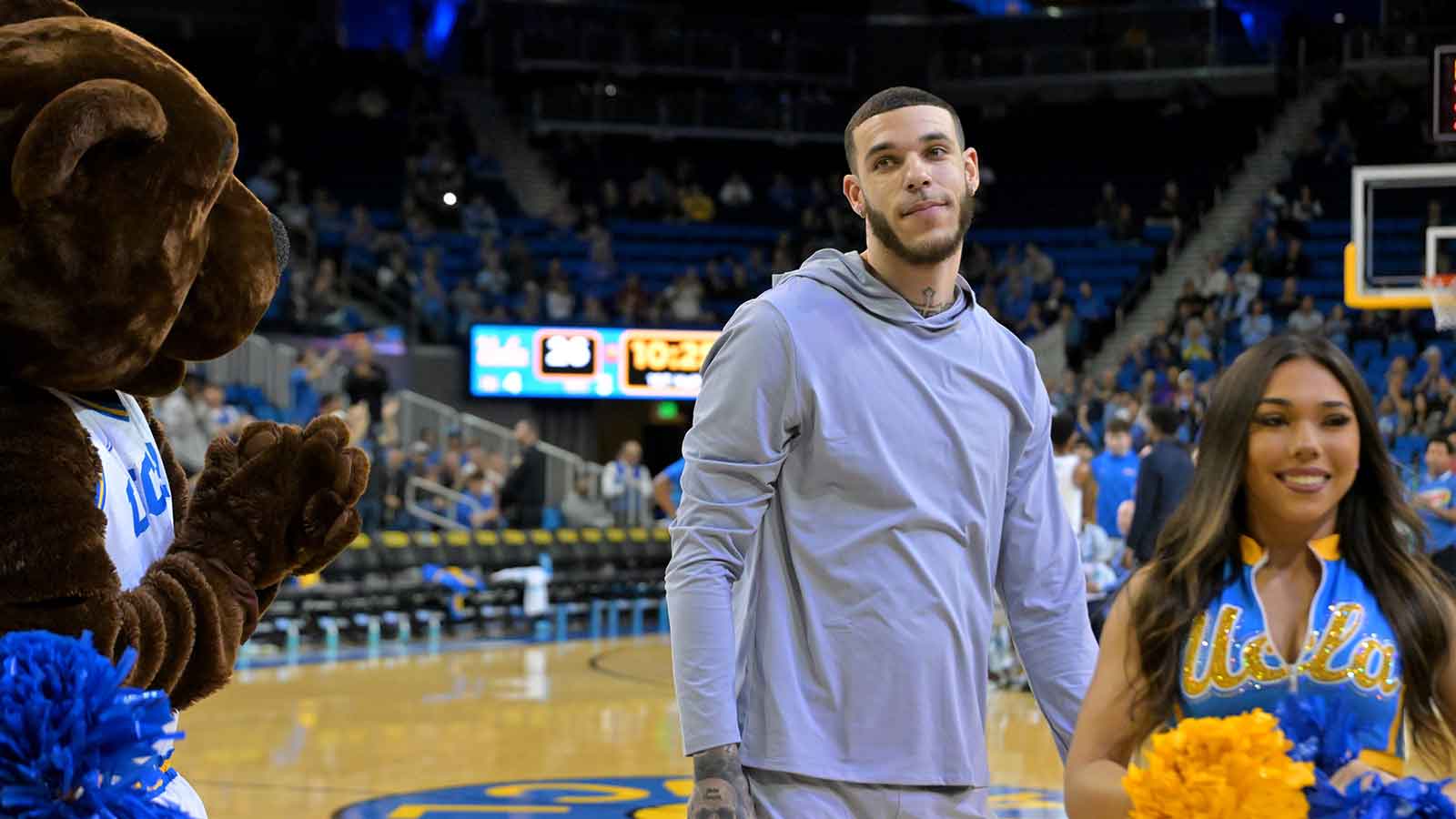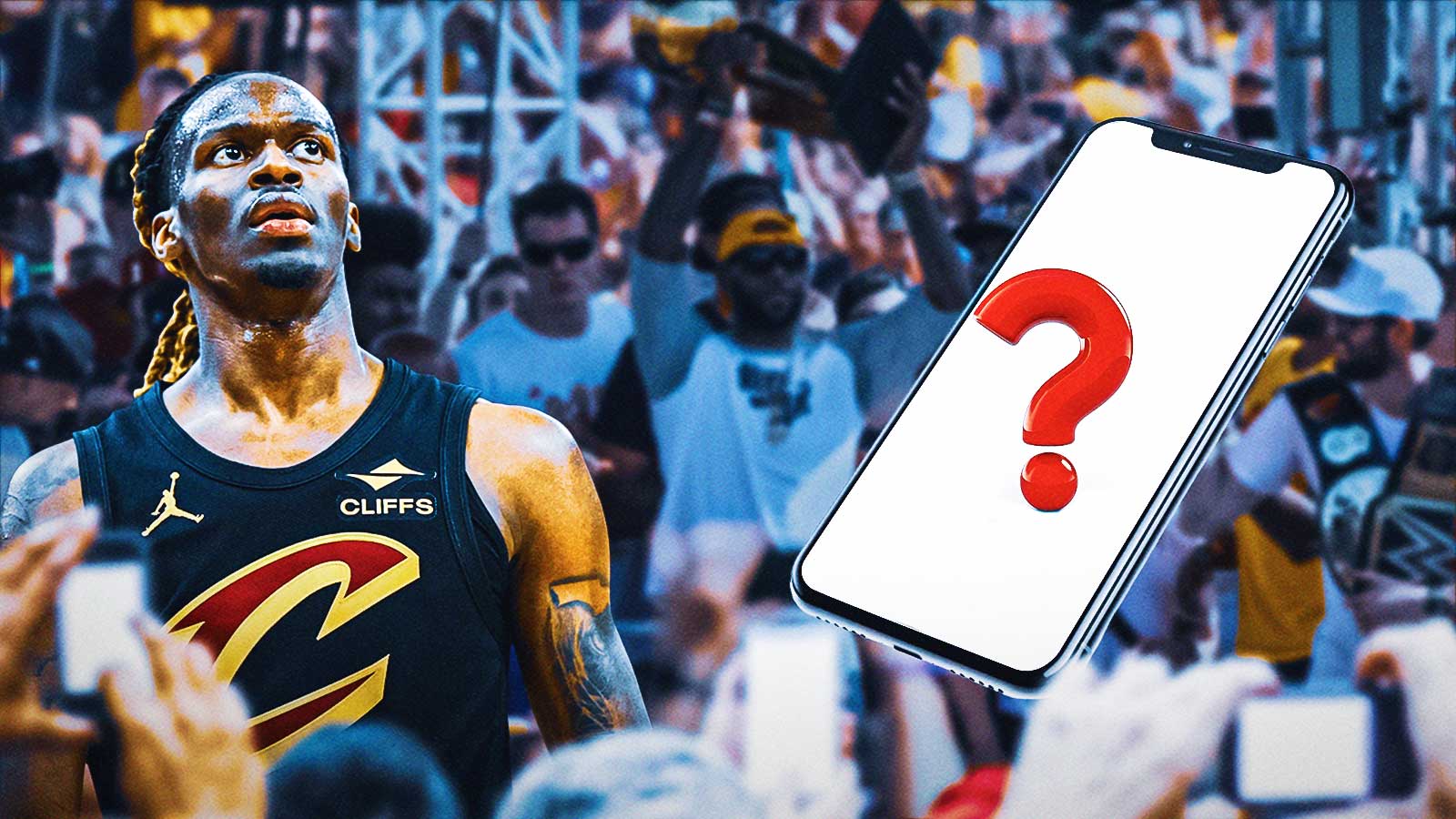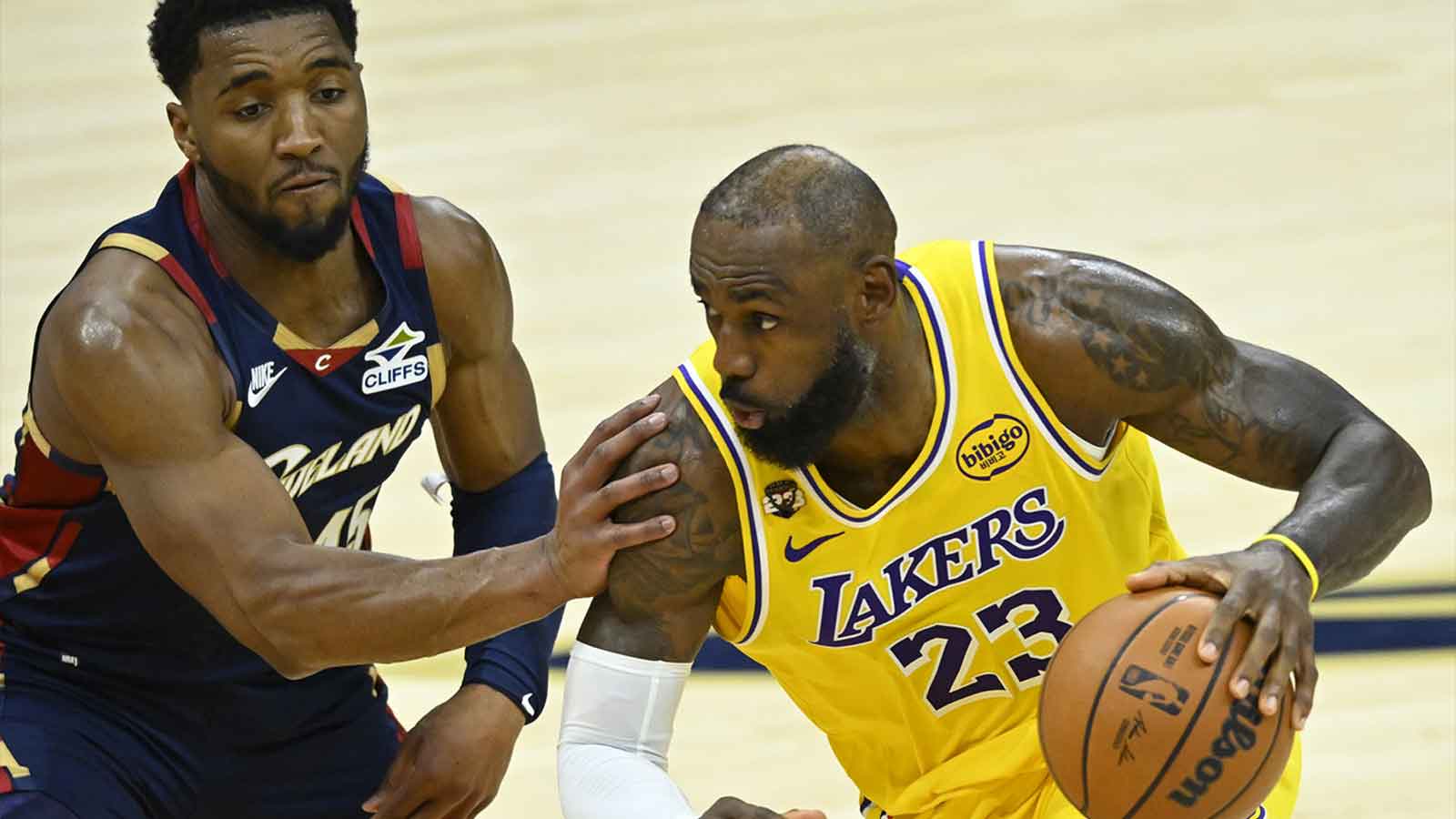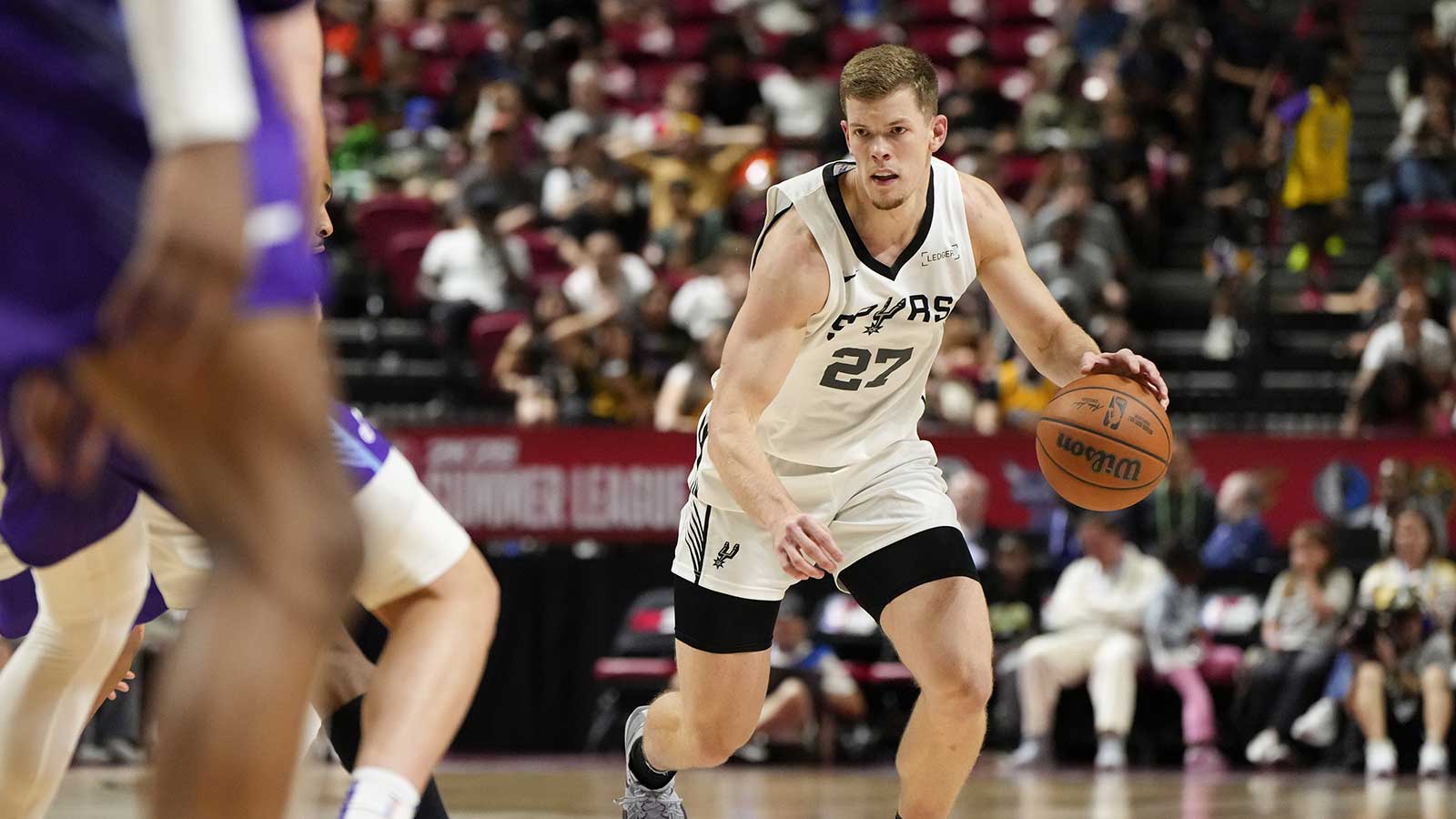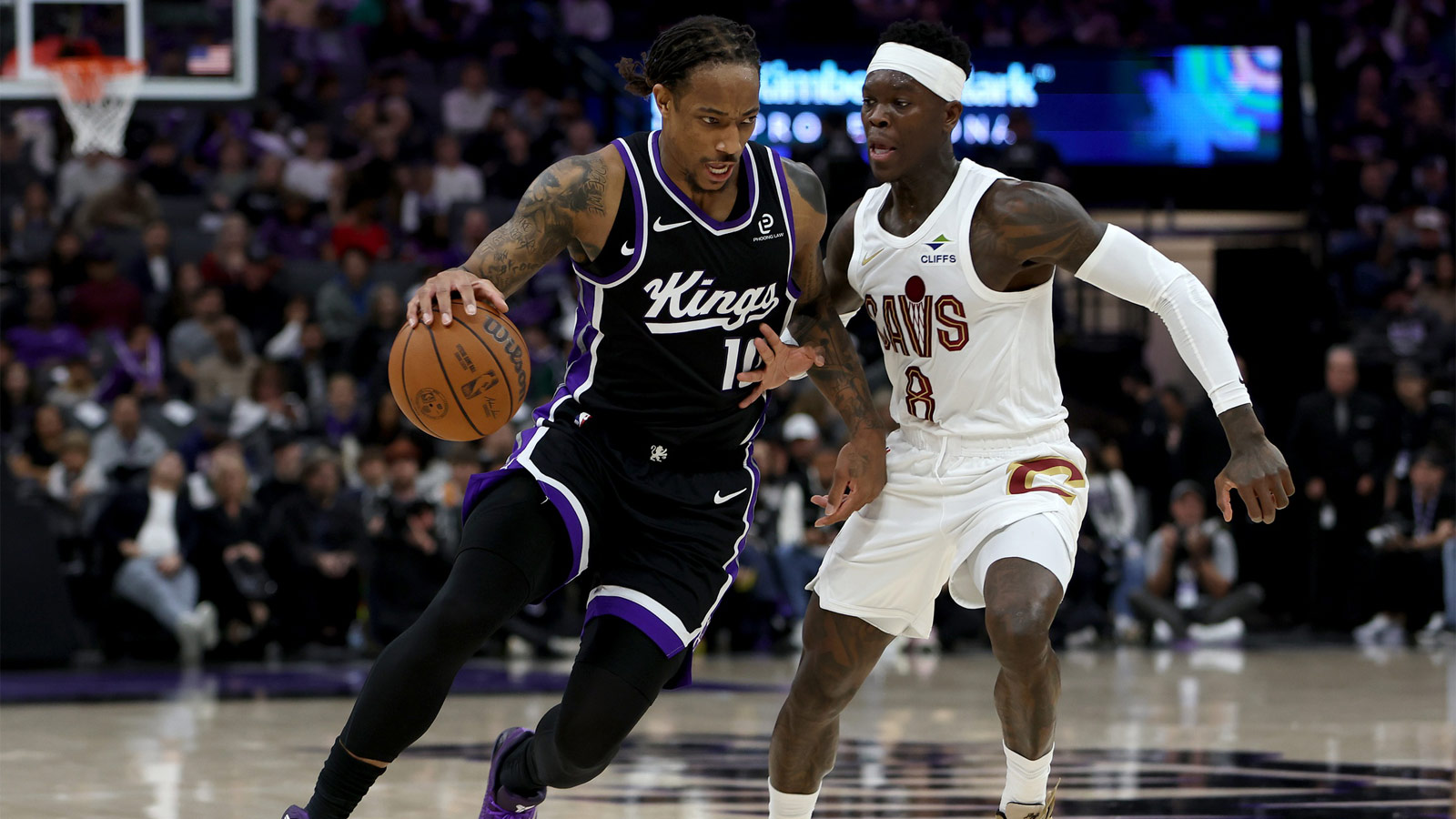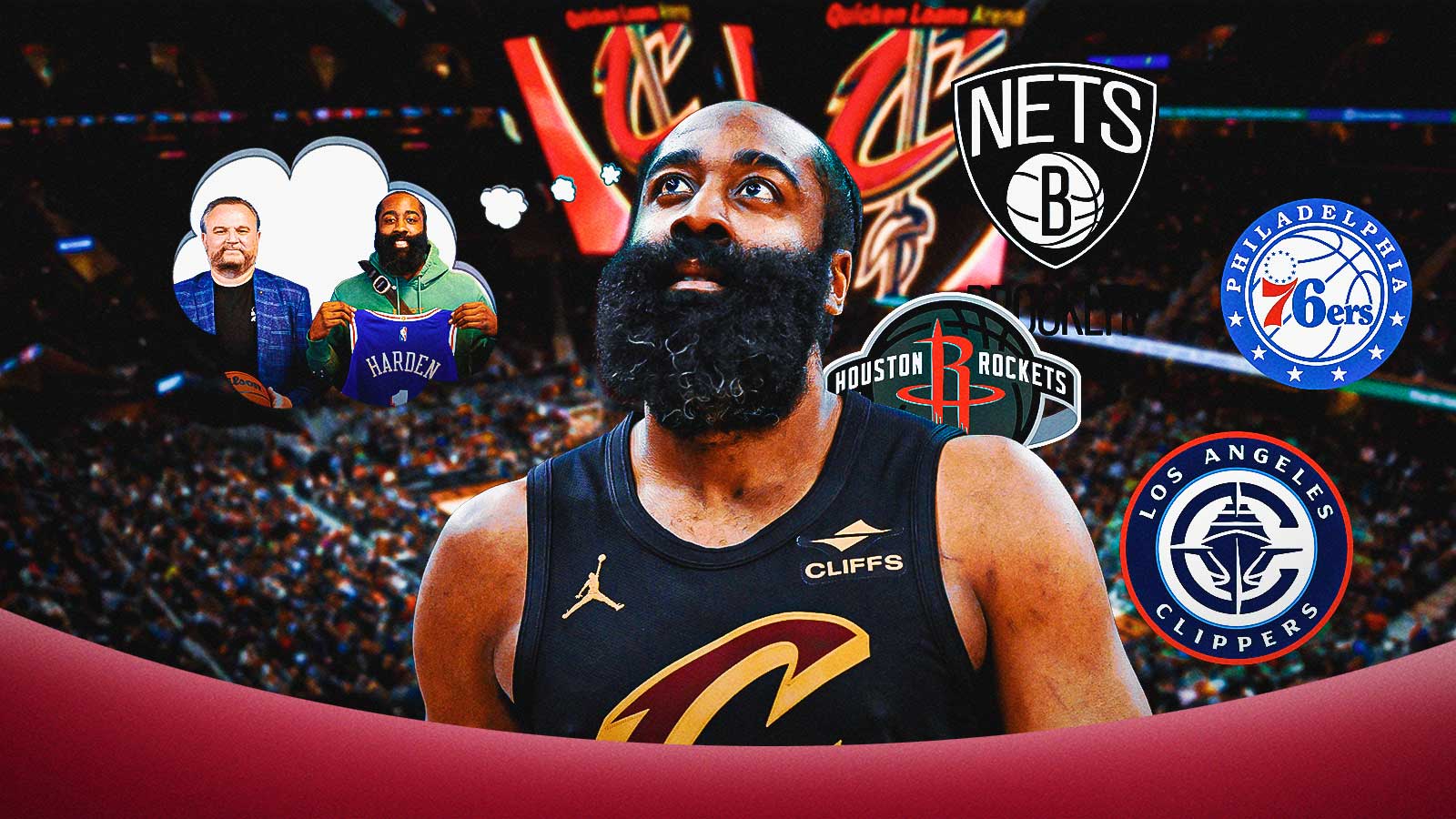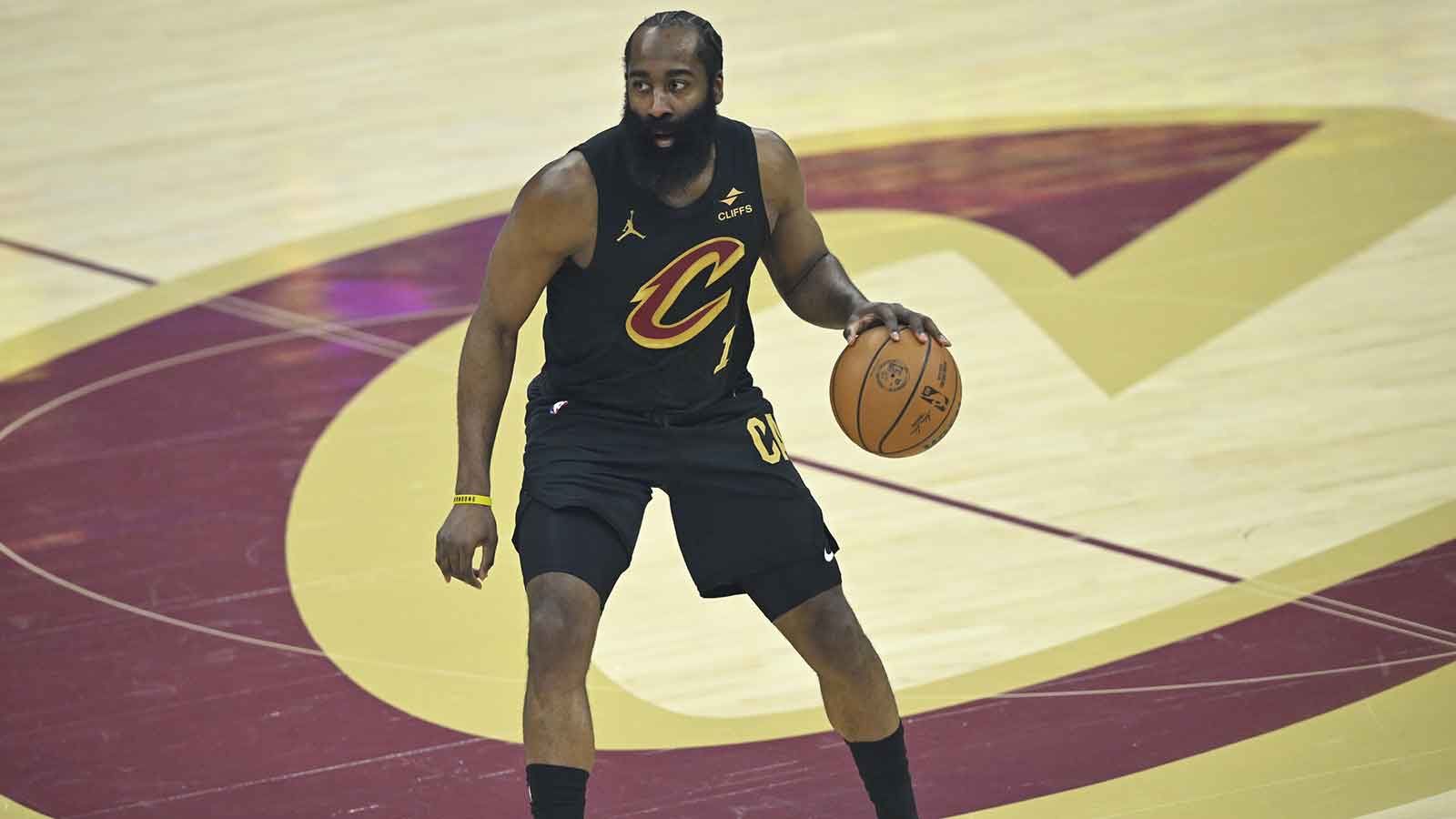Game 1 of the NBA Playoffs between the Cleveland Cavaliers and the Miami Heat was supposed to be a showcase of Cleveland's depth. It should've been a culmination of a regular season that saw the Cavs' bench emerge as one of the most reliable and productive in the Eastern Conference. Instead, it echoed ghosts of playoff failures past. For all the excitement of a strong start to the series, the Cavs now enter Game 2 with one critical question looming: Outside of the Cleveland duo of Ty Jerome and Sam Merrill, where is the bench?
In Game 1, Jerome was brilliant. He had delivered 28 of the Cavs’ 34 second-unit points and nearly single-handedly rescued an otherwise dismal bench performance. Merrill, meanwhile, played lockdown defense on Tyler Herro. However, other than that, the bench was non-existent, which is not a sustainable formula. If the Cavs are to advance past the Heat and make good on the promise of a deep postseason run, the supporting cast must step up, and fast.
The Heat overwhelmed the Cavs' greatest strength in Game 1
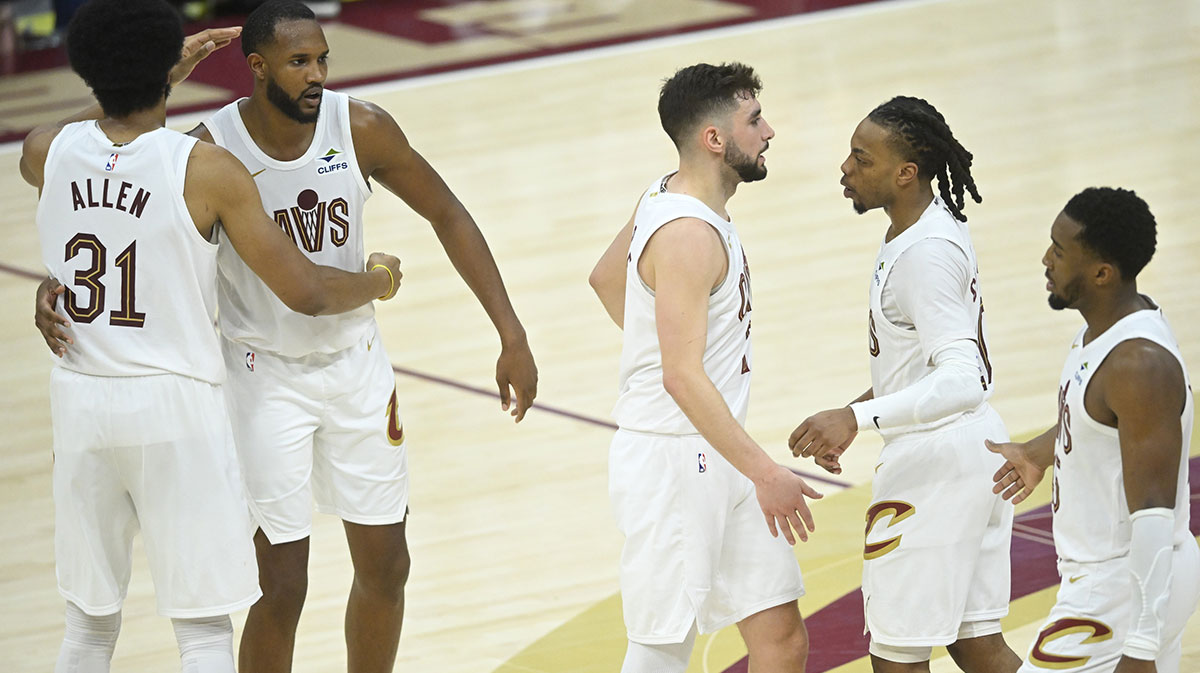
Throughout the regular season, head coach Kenny Atkinson emphasized a commitment to playing a deep rotation, often going nine or even ten players deep. It worked then, but Game 1 was a stark reminder that playoff intensity has a way of magnifying flaws. The Cavs’ second unit looked overwhelmed, outmatched, and unprepared for Miami’s physical, shape-shifting defense.
Credit where it’s due: the Heat, behind Erik Spoelstra’s tactical mastery, are doing more with less. As a 10th seed coming off the Play-In, they had no business dictating the terms of Game 1 — but they did. Tyler Herro and Bam Adebayo combined for half of Miami’s shots, keeping the Cavs’ defense on edge with timely buckets and relentless effort. Spoelstra, true to form, coached like every possession mattered, mixing defensive schemes by the minute and forcing Cleveland into uncomfortable looks.
The Heat will continue to throw the kitchen sink at Cleveland. With a few days of rest before Game 2, expect sharper execution and increased physicality from a group that thrives on chaos and toughness. That’s why Game 2 becomes so pivotal. The Cavs have the clear talent advantage — that much was evident even in a lackluster win. Evan Mobley, De’Andre Hunter, Dean Wade, and Isaac Okoro all underperformed based on their regular-season benchmarks. Simply put, the Cavs won Game 1 despite their depth, not because of it. That won’t fly for long.
How can Cleveland's depth respond to Miami's defensive pressure?
Kenny Atkinson and his staff have decisions to make. Does the leash tighten on Okoro and Hunter if their struggles continue? Does Wade finally get the extended run he’s seemingly earned? Can Jerome continue his heroics, or does someone else finally rise to the moment?
The blueprint for improvement is straightforward. Mobley needs to assert himself early and often, anchoring the defense while still looking for his shot on offense. Hunter must rediscover the aggression that made him a trade deadline prize. Okoro needs to either hit his open looks or defer to someone who will. And Atkinson must pull the right levers off the bench- especially the ones that prioritize spacing, energy, and versatility over pedigree or past investment.
Game 2 isn’t just about protecting home court — it’s about identity. All season long, the Cavs touted their depth as a strength, not a luxury. If that’s truly the case, then the second unit must bounce back and shoulder some of the load. Because for all the heroics of Ty Jerome, one man cannot, and should not, carry a playoff bench's scoring load.
The Cavs have a golden opportunity to put their foot down in this series. But to do it, the rotation must evolve, the bench must respond, and the team must refuse to let past postseason demons re-emerge. Game 2 is their moment to make a statement, not just to the Heat, but to themselves.

